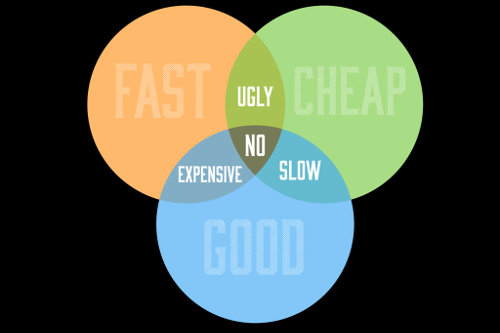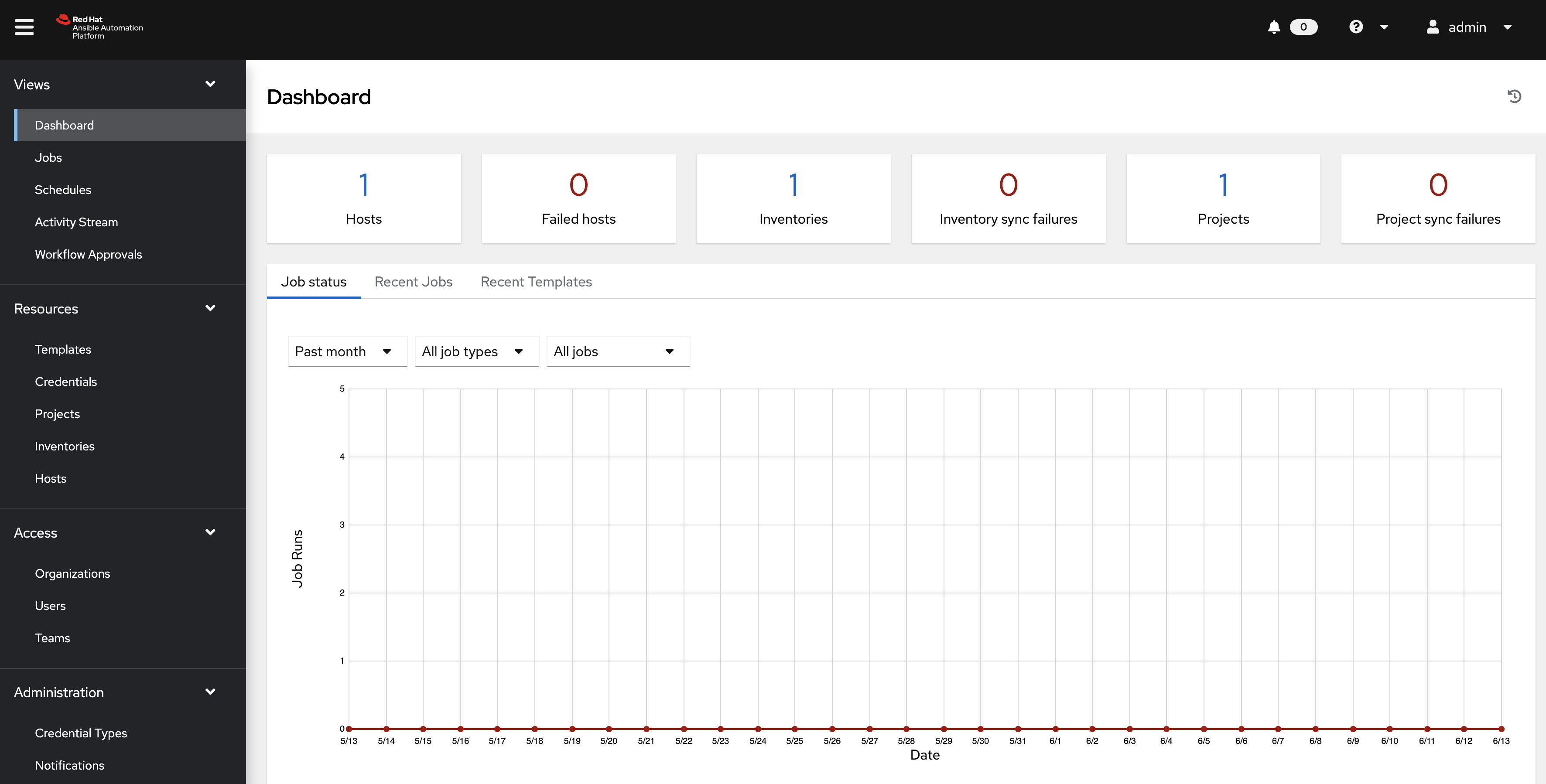A non-technical introduction to DevOps using TED Talks
I would like to offer a different approach to explaining DevOps to those that are not familiar with the idea. This article focuses on the cultural aspect of the DevOps movement and tries to explain it through the use of TED Talk videos.
Let us begin with some simple facts.
- DevOps is not about technology.
- DevOps is not about delivering software faster with more reliability.
These are side effects.
However..
- DevOps is about culture.
- DevOps is about communication.
- DevOps is about people.
And that is why this article focuses on those people.
So let us start to look at how your people feel about the company.
Will Automation Take Away All Our Jobs?
This is a brilliant starting point because it is absolutely essential for your organization to truly understand this. The answer to the big question is “No.” In fact it’s better than that, it will create jobs!
David Autor explains the paradox you don’t hear much about: despite a century of creating machines to do our work for us, the proportion of adults in the US with a job has consistently gone up for the past 125 years. Why hasn’t human labor become redundant and our skills obsolete?
People don’t buy WHAT you do, they buy WHY you do it!
We must begin with asking the simple question WHY. Why did you decide to buy into the DevOps approach or a specific technology? In this fast paced technology world, it’s common to find yourself or your company buying new technologies but never really understanding the WHY factor. Answering this question is vital and will help build your overall vision.
Do not simply buy technology because of WHAT it does. Ask first WHY! Why is this the right product for my company?
Simon Sinek introduces a brilliant and yet simple diagram to help us understand how this can radically change your entire company’s approach in all aspects of business.
Allow Failure
What makes a great leader? Management theorist Simon Sinek suggests, it’s someone who makes their employees feel secure, who draws staffers into a circle of trust. But creating trust and safety — especially in an uneven economy — means taking on big responsibility.
Simon Sinek is the author of the book “Start With Why” and explores how we can inspire cooperation and trust and allow for failures.
Allow Disagreement
Most people instinctively avoid conflict, but as Margaret Heffernan shows us, good disagreement is central to progress. She illustrates (sometimes counterintuitively) how the best partners aren’t echo chambers – and how great research teams, relationships and businesses allow people to deeply disagree.
Margaret Heffernan is the former CEO of five businesses! So she has a lot of wonderful experiences to share with us.
Organizational Changes
Moving toward automation and DevOps simply cannot be achieved without making organizational changes. Changes in the way you think, operate and allow for transparency and information sharing in order to educate and enable anyone at any level to have a great idea that might help the company become better.
Jim Whitehurst’s world was turned upside down. He was formerly COO of Delta Airlines and his new job as CEO of Red Hat resulted in an awakening of how organizations need to operate.
How to Build (and Rebuild) Trust
As Frances Frei states, “Trust is the foundation for everything we do.”
It is absolutely at the foundation of DevOps. Even when things go bad, and they will go really bad before they ever get really good, you need to trust in the people. Question and anaylze your systems, but never let go of trusting your people. Your people will help you if you make them feel trusted.
Frances draws a triangle to describe how simple and yet fragile trust can be. She defines trust as a combination of three pillars: authenticity, logic, and empathy.
Change
For Martin Danoesastro, it all starts with one question: “What are you willing to give up?” He supports organizations to change their ways of working at scale, enabling them to succeed in an increasingly digital world.
DevOps will require organizational changes. In order to change, you have to be willing to give up how you did things.
10 Ways to have a better conversation
Celeste Headlee delivers one of the most important TED Talks that directly addresses the whole DevOps challenge: communication. She gives us 10 great tips to change how we have conversations and how we should listen and allow the other person to provide their own opinions.




